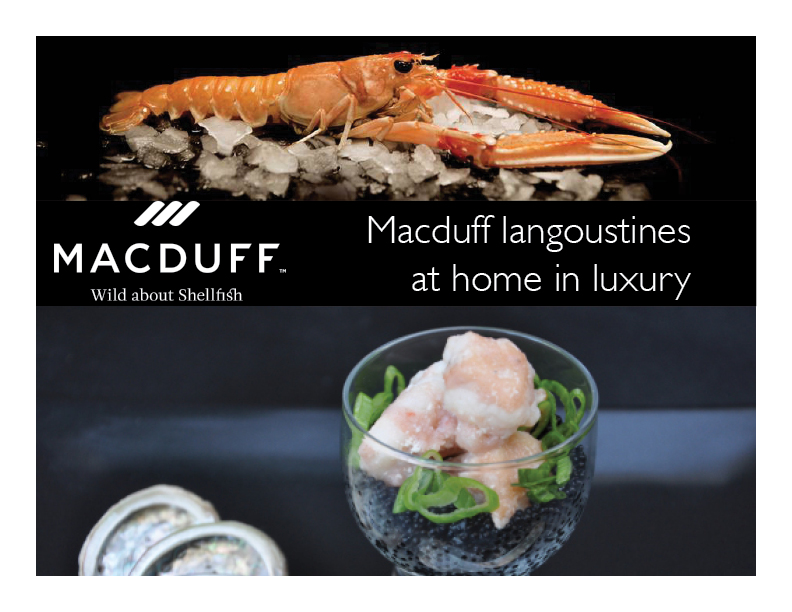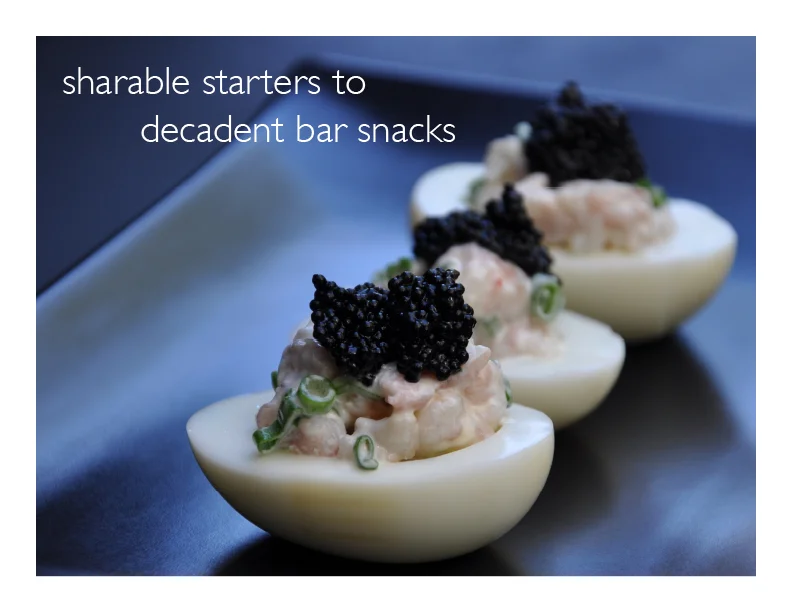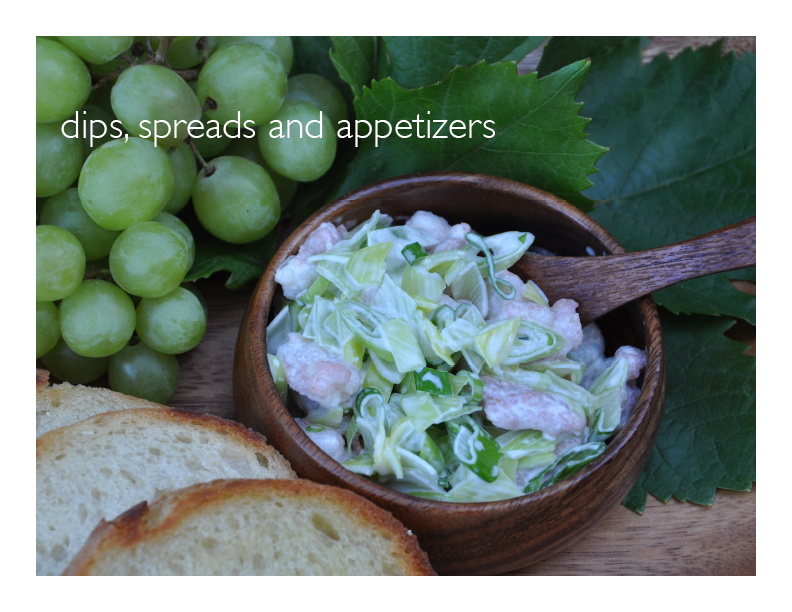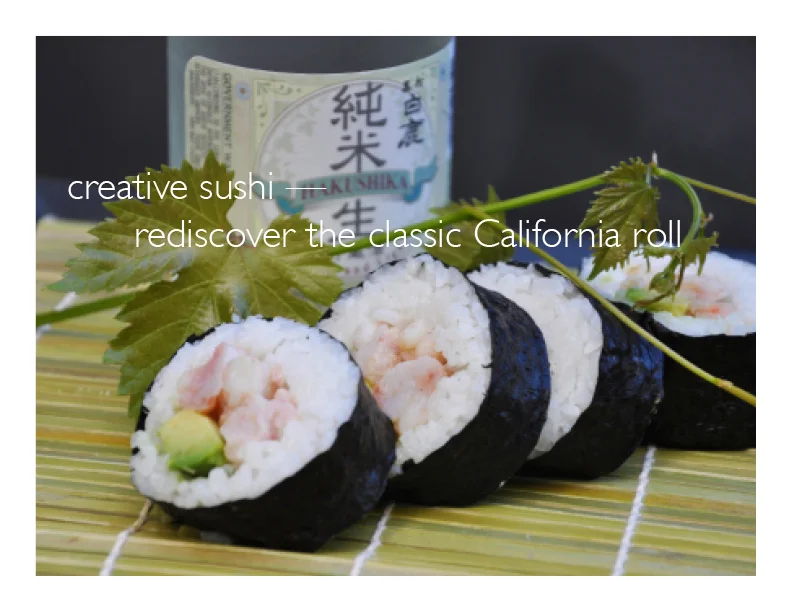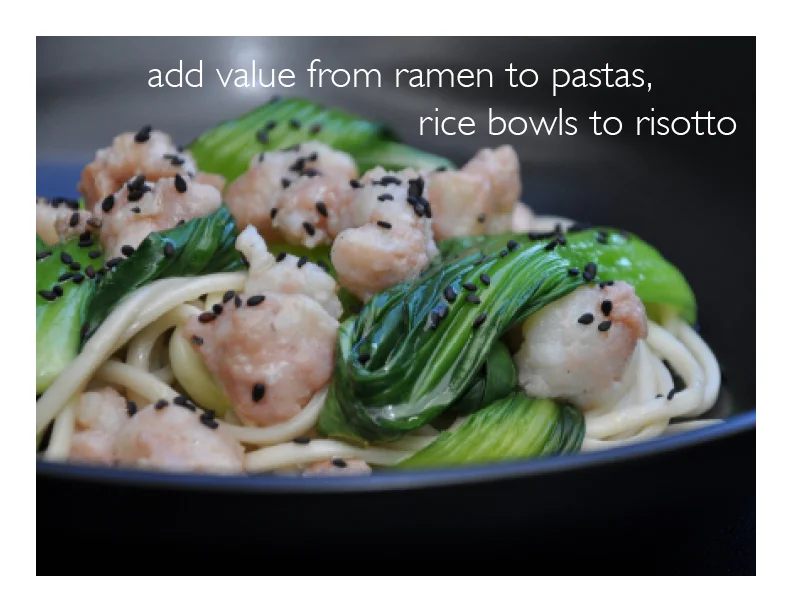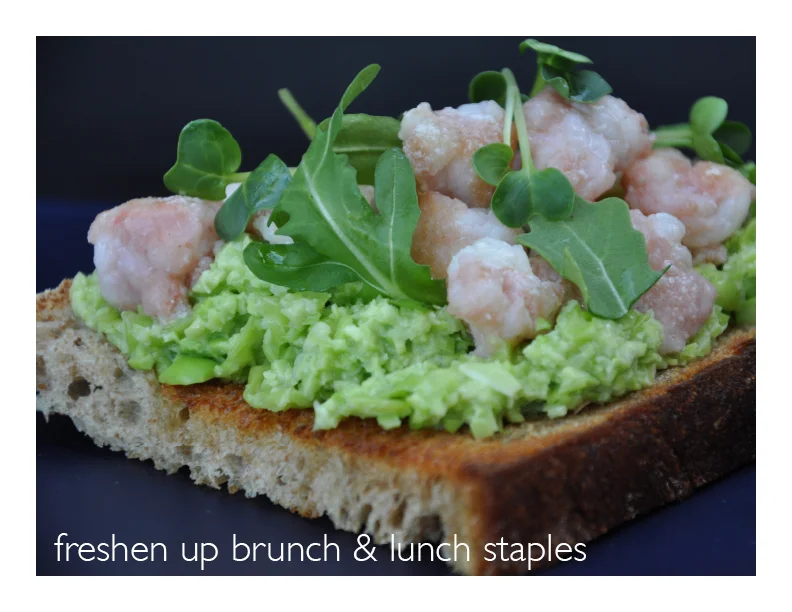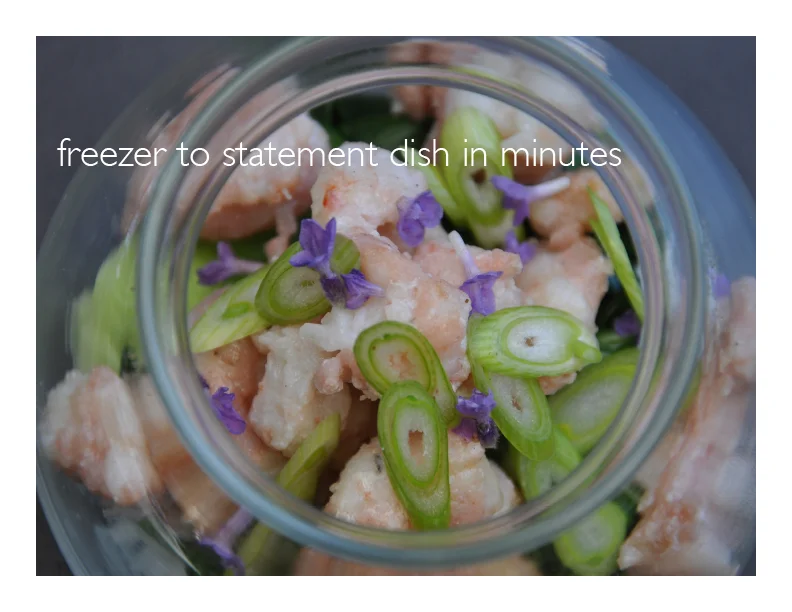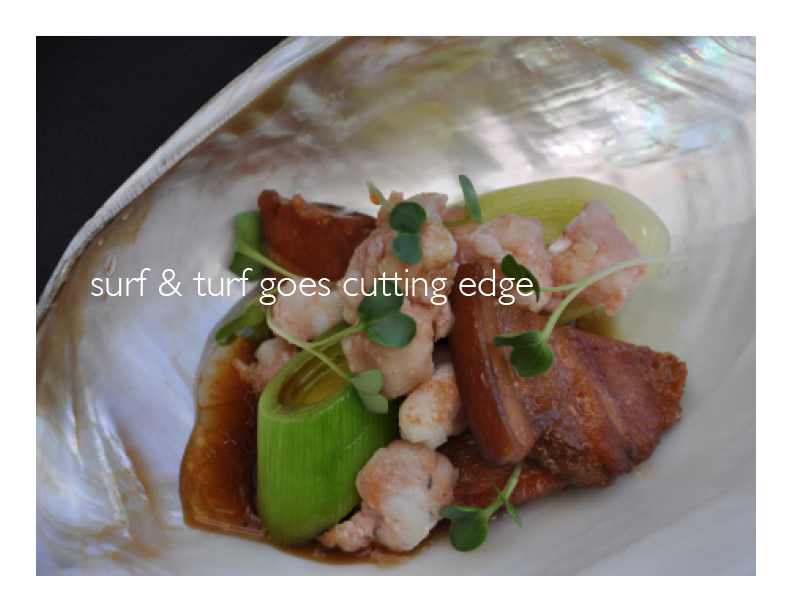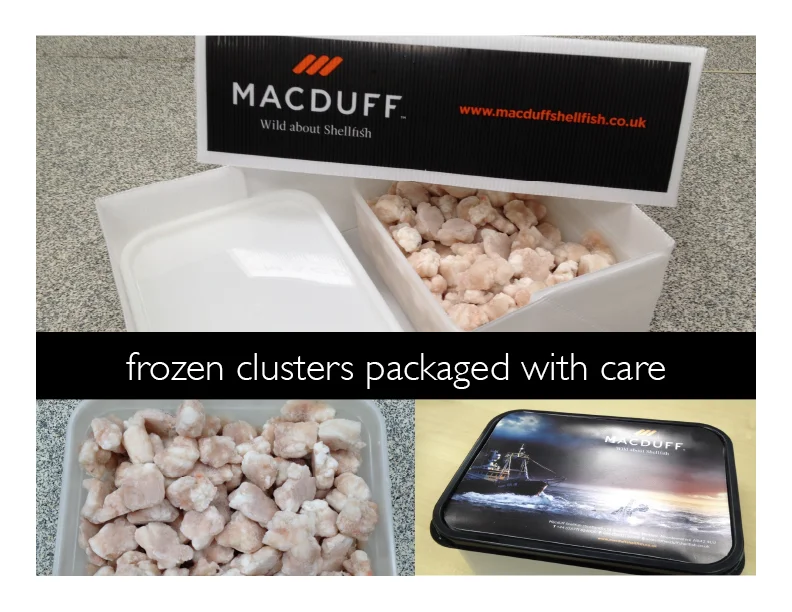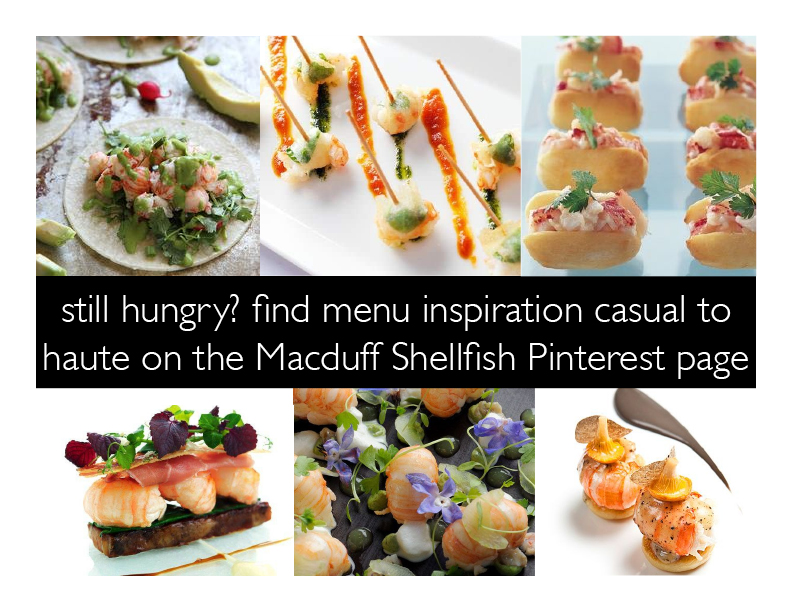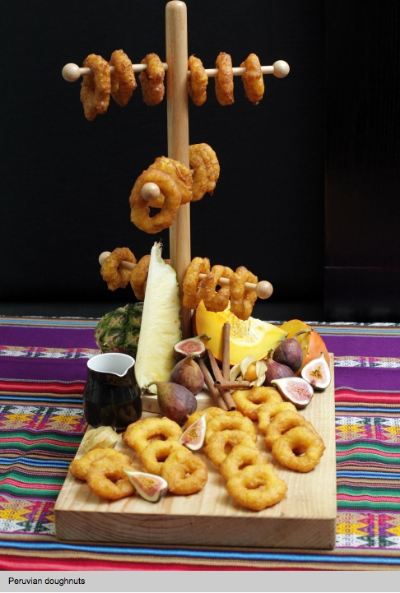our favorite finds from the front lines of food
Seaweed is good eating, as these wooly beast know. Saving seaside Scottish sheep: The future of a rare, seaweed-eating sheep in Orkney looks more secure, thanks to the work of a new charity. (Country Life)
Figuring out how to get humans to do what's good for them can be a bit more muddled. "It’s nice to see Mark Rylance’s bottom. But our oceans deserve better" Getting celebs to take their kit off won’t change attitudes to overfishing. The public are intelligent beings, not morons who have to be bribed to pay attention. (Guardian)
Traceability in Seafood Chain About Money, Not Just Ethics Not much of a surprise. "But traceability also comes at a cost. Providing the story of the catch means disentangling the seafood supply chain, which involves communicating with harvesters, shippers, wholesalers and retailers on the chain of custody. Buyers might also require some kind of independent third-party certification program." (New York Times)
Rise of the Grocerant with more and more prepared foods sold at retail. And putting restaurant seating in and around retail isn't just for Eataly anymore. “Providing on-trend menus is only the beginning. More retailers are creating in-store areas with seating and table service like a traditional restaurant, if not operating full restaurants in, or adjacent to, their stores. Non-food retailers have proven the success of this model, Johnson notes: in-store foodservice at Nordstrom’s can rake in nearly $1 million in sales a year per unit, and Ikea’s casual dining operations do well over $2 million per store.” (Specialty Food)
Food and fashion cross-pollinate again: Nike Is Releasing a Chicken-and-Waffles-Themed Shoe (Munchies)






